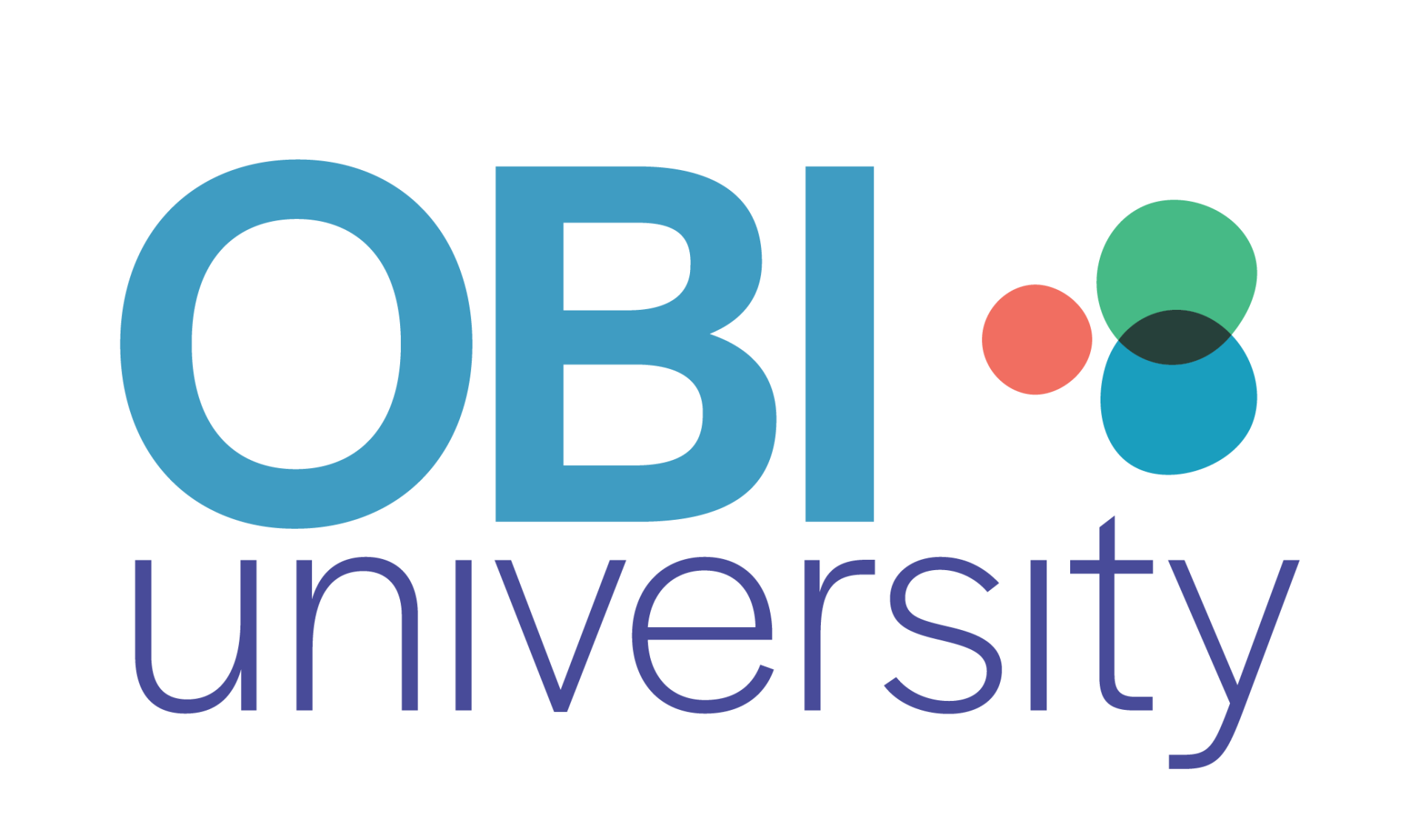Resource
Library
Dig through our library of resources! Filter by topic or format by clicking the respective tabs, and search through the library by clicking the thumbnails below. You can also find additional readings mentioned in course videos.
All links in the resource library lead to external sites outside of OBI University.

Art, Culture & Ethics
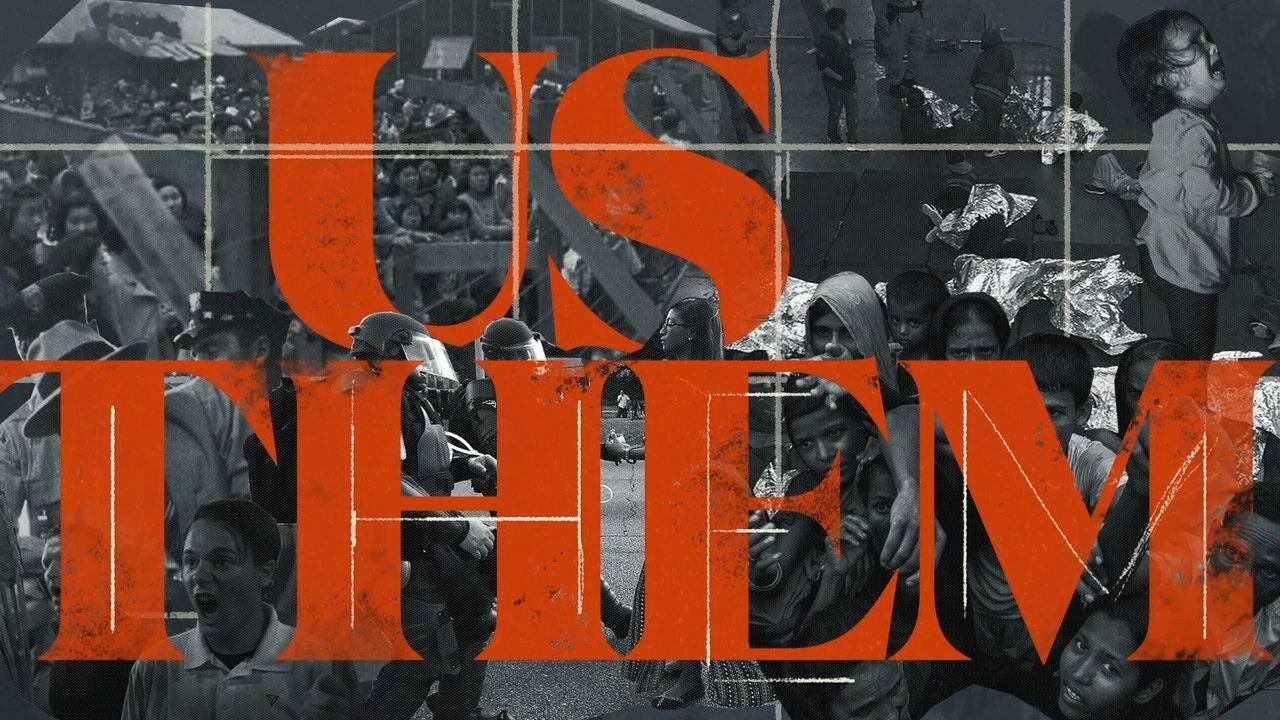
Breaking & Othering
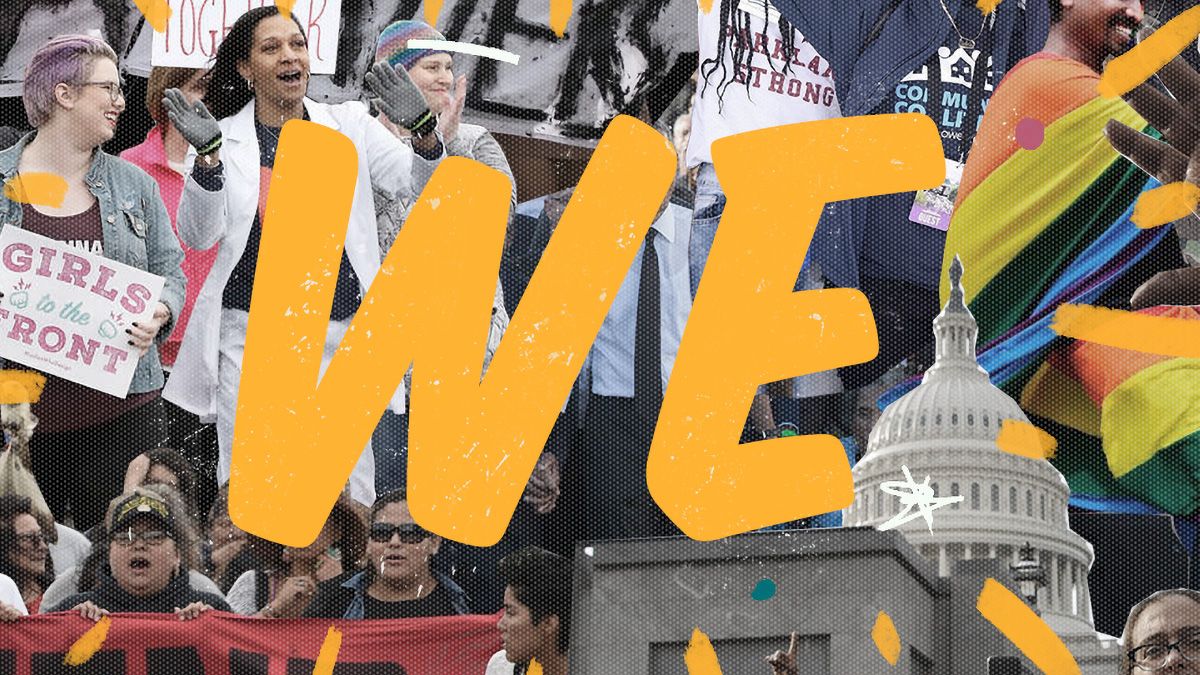
Bridging & Belonging
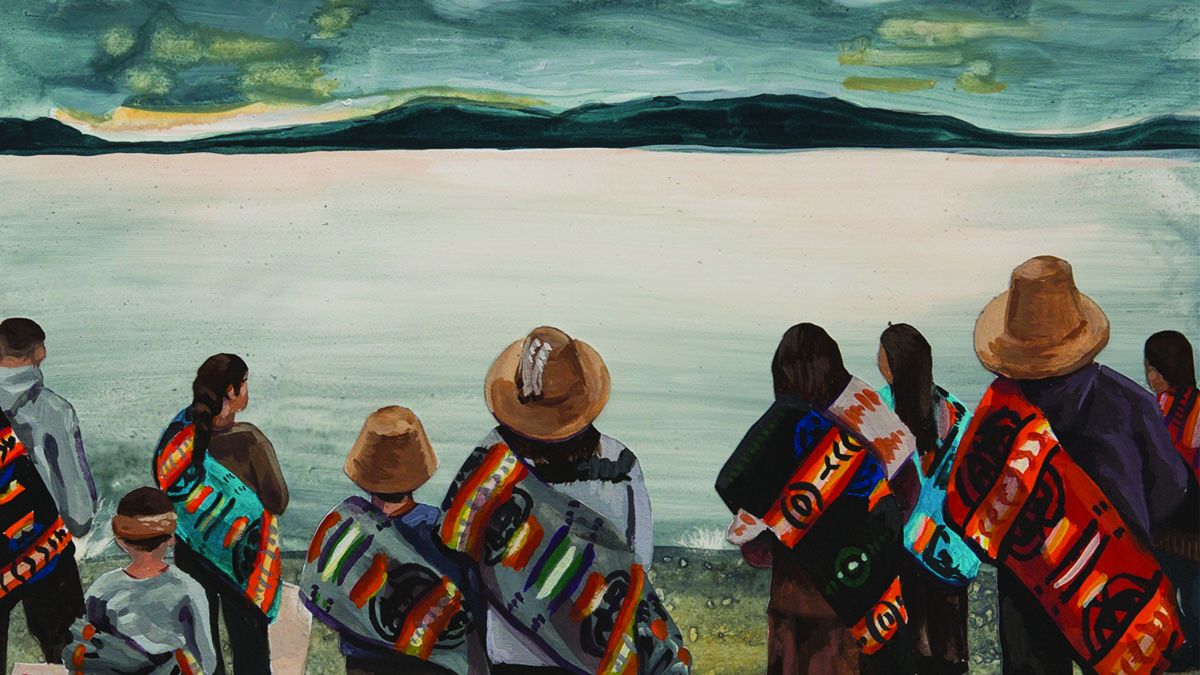
Climate Justice
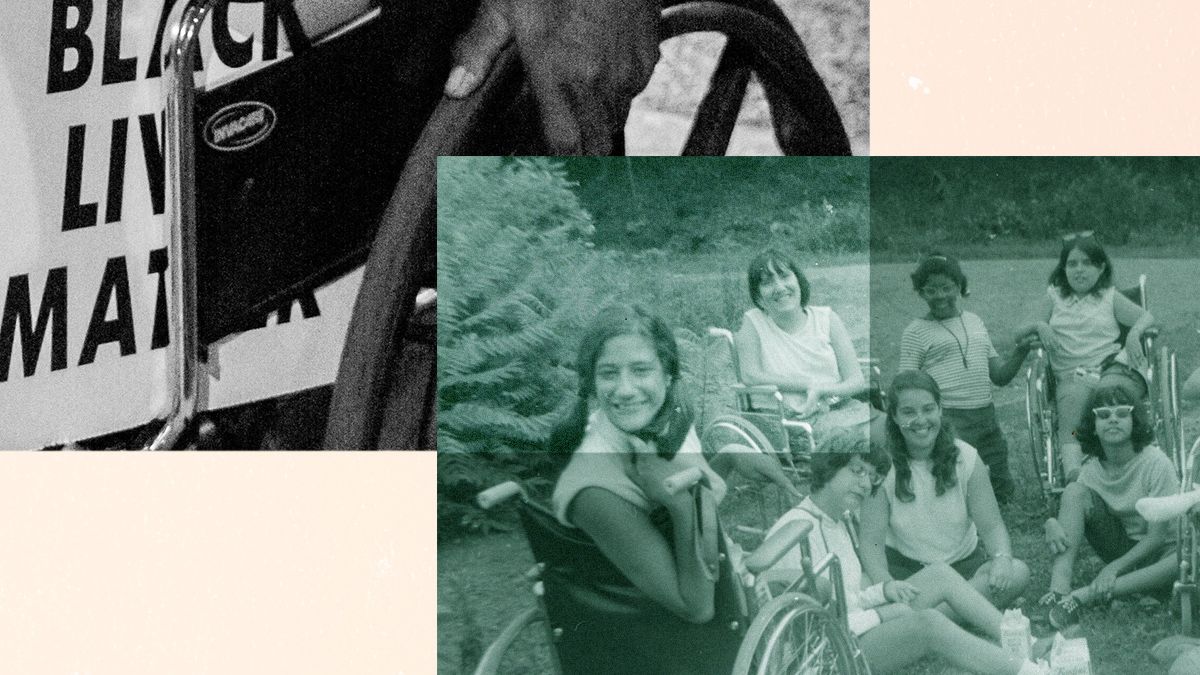
Disability & Access

Economics & Class
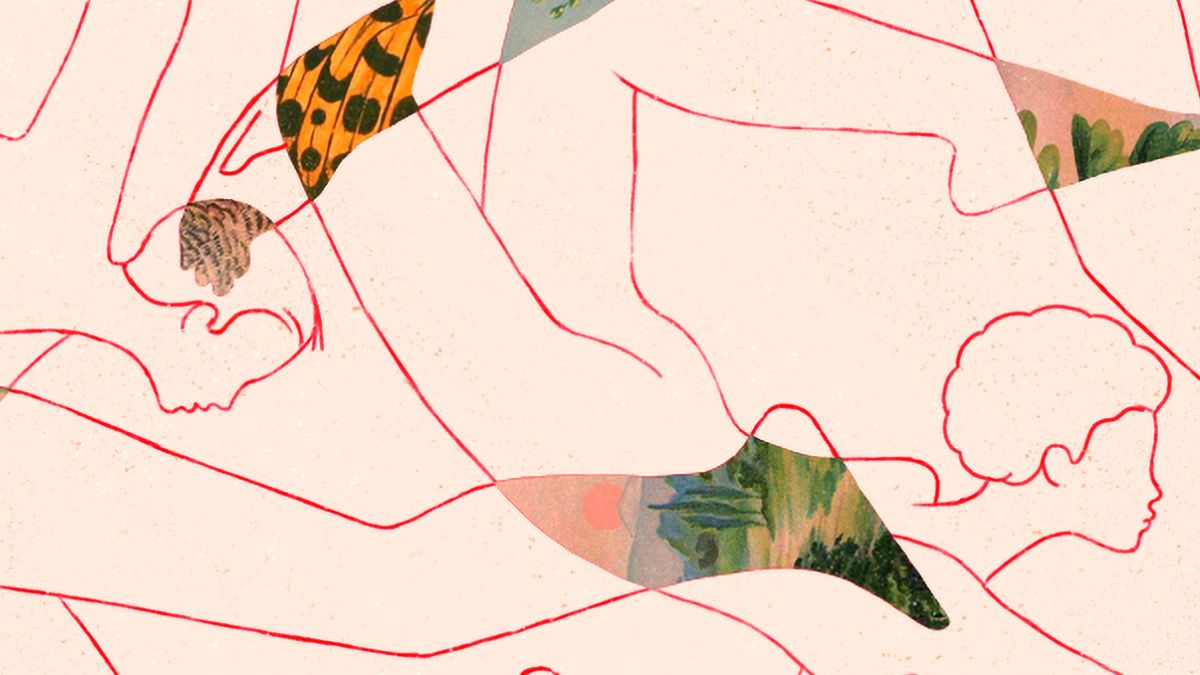
Gender & Sexuality

Histories & Stories
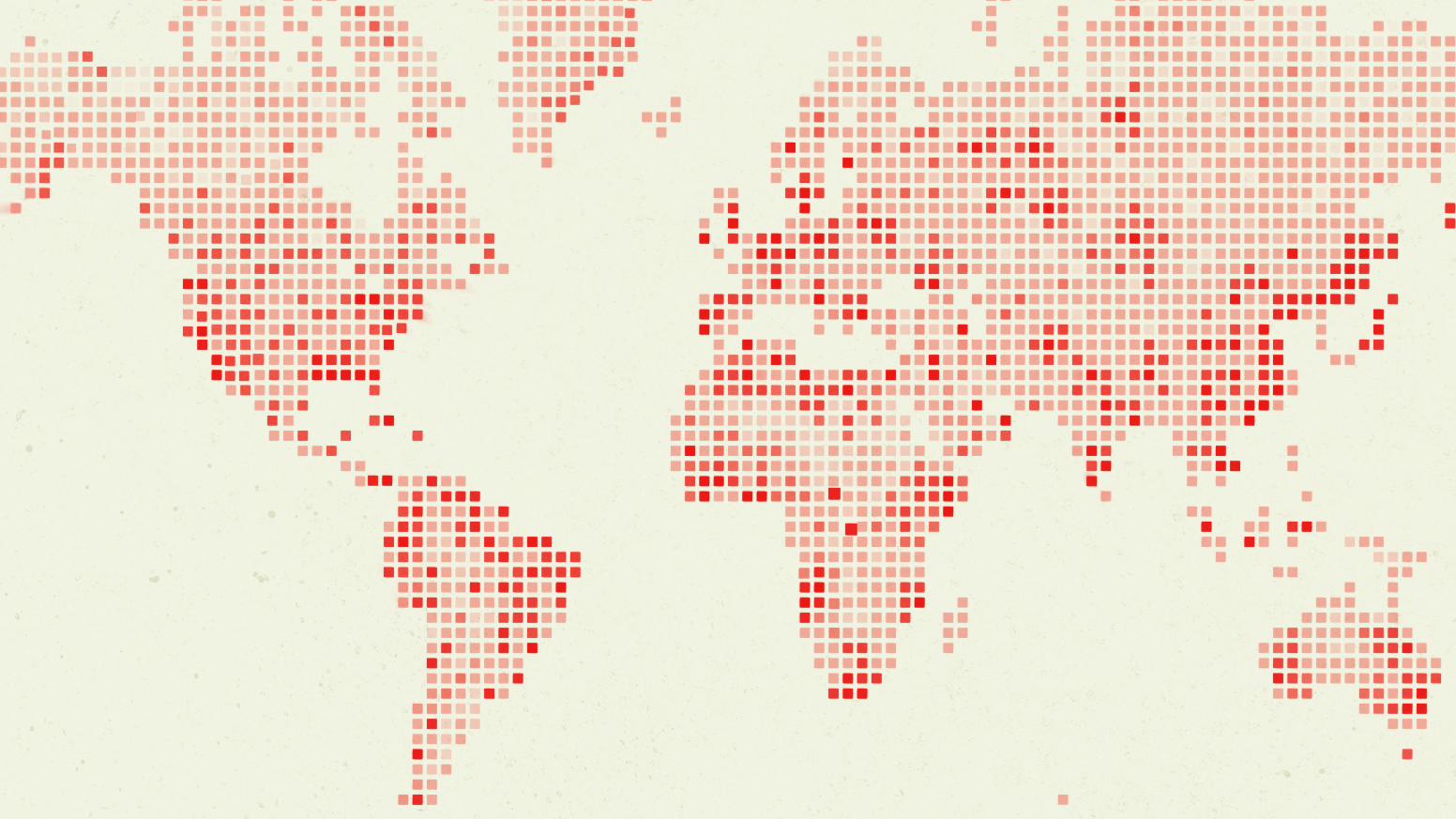
Measuring Inequality

Policy & Practice
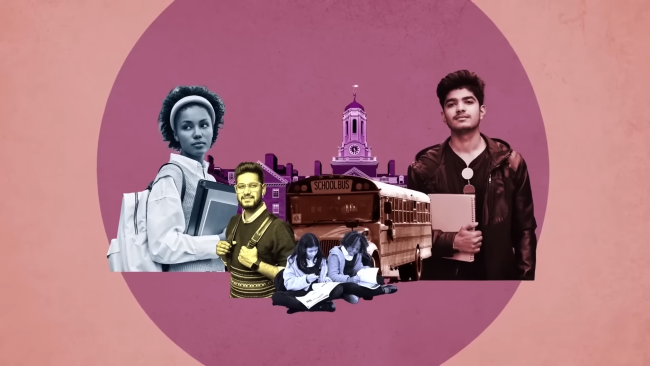
Structural Racism

Targeted Universalism
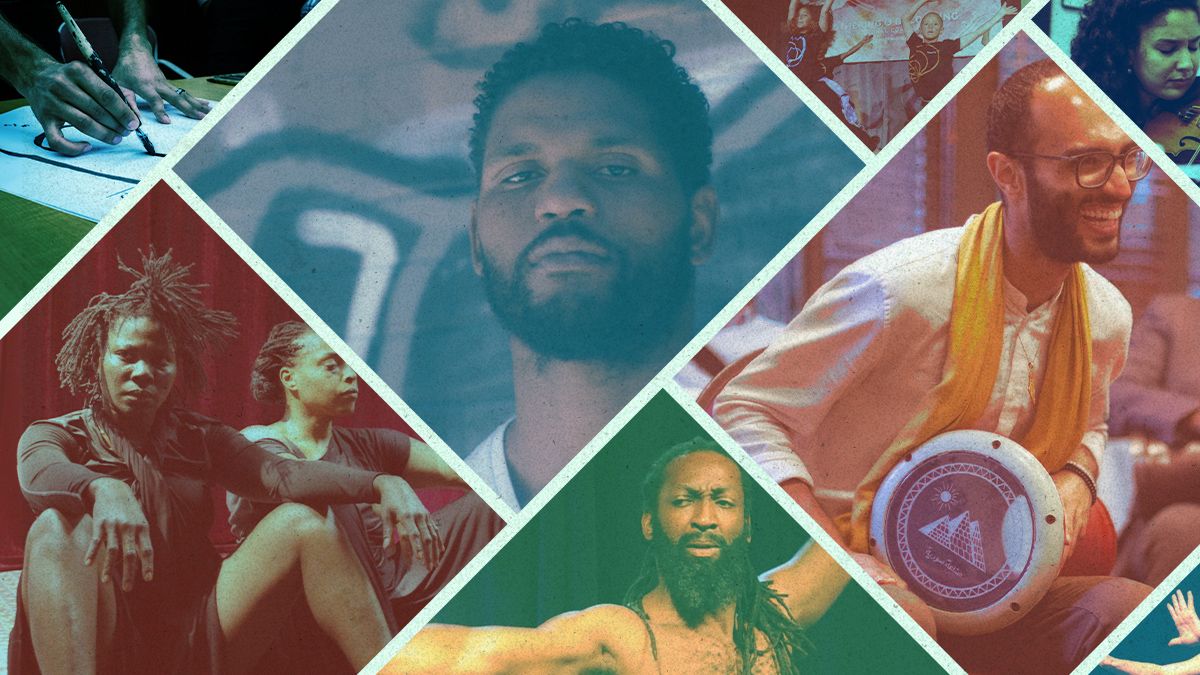
Essays & Other Texts
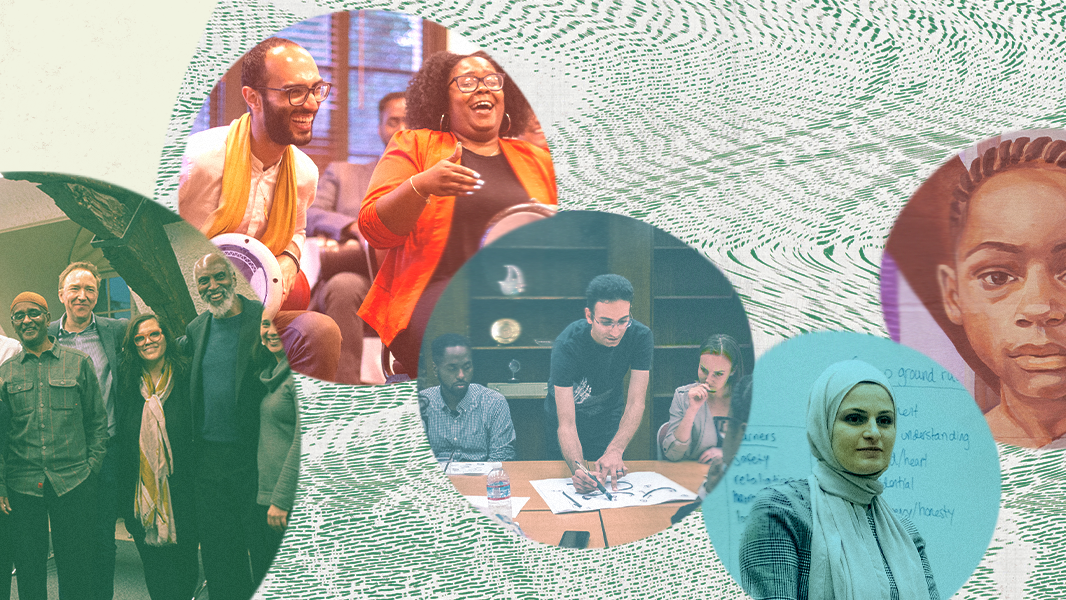
Audio & Video
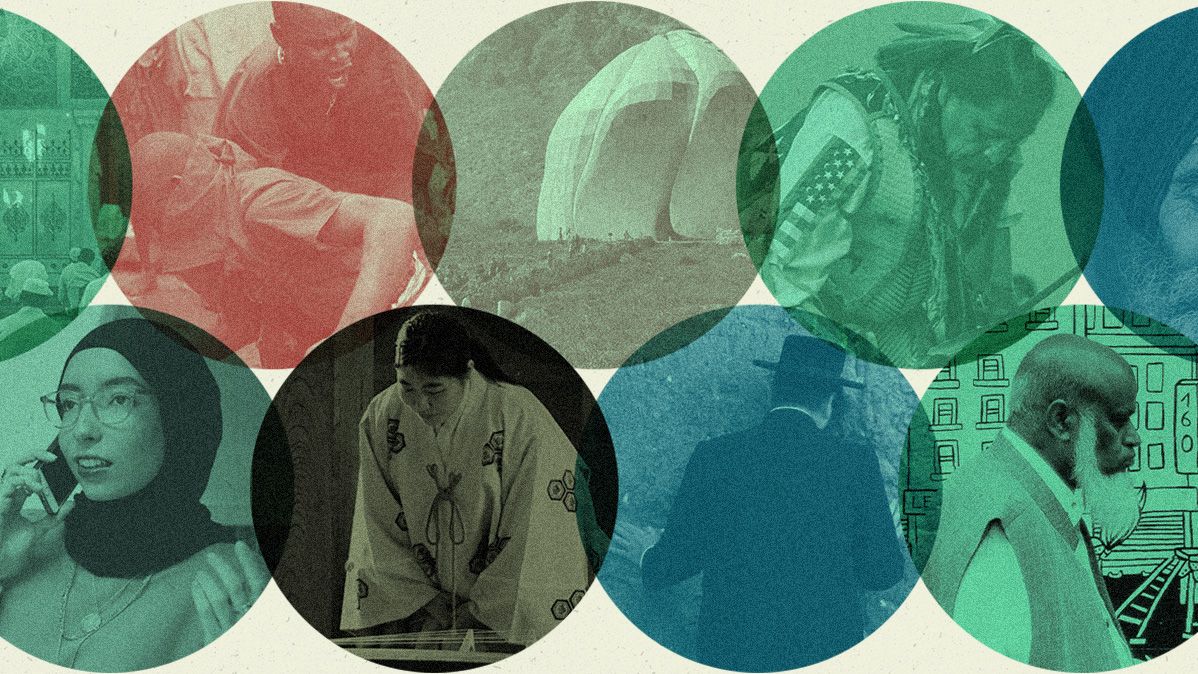
Tools & Curricula
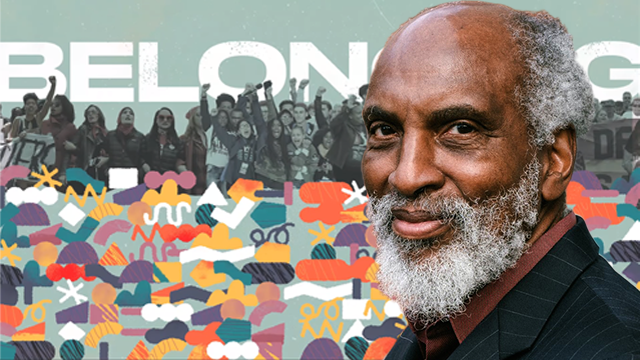
Introduction to O&B’s Key Frameworks

Introduction to Belonging
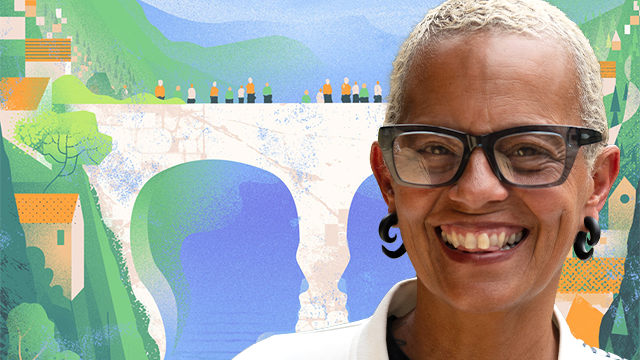
Bridging One: The Fundamentals
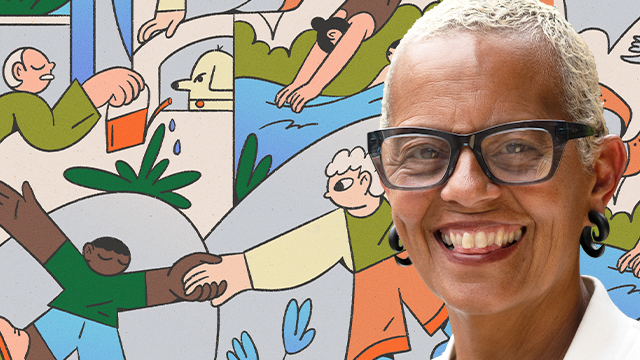
Bridging Two: Levels of Bridging
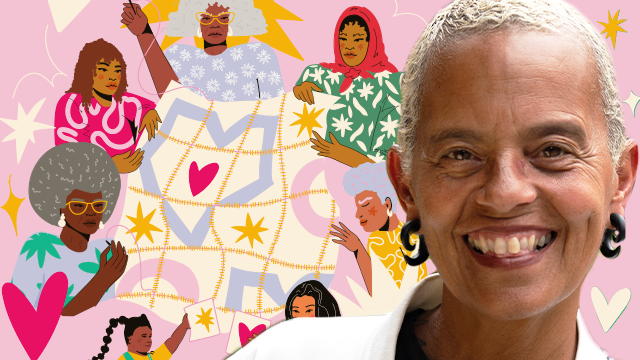
Bridging Three: Community Stories
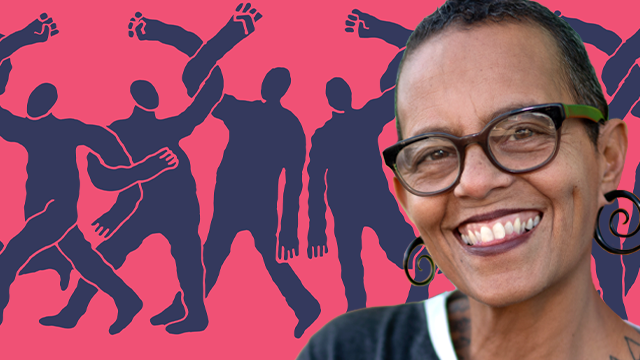
Bridging Four: How to Bridge

The Othering & Belonging Institute at UC Berkeley brings together researchers, organizers, stakeholders, communicators, and policymakers to identify and eliminate the barriers to an inclusive, just, and sustainable society in order to create transformative change.
Copyright © 2023, Othering & Belonging Institute at UC Berkeley
Art, Culture & Ethics
Where belonging meets culture and society.
Black lives matter, But to whom? Why We Need a Politics of Exile in a Time of Troubling Stuckness (Part I)
Contemporary Cases of Shared Sacred Sites: Forms of Othering or Belonging?
Cultures of Care: a project from the Othering & Belonging Institute
Faith Communities as Partners of Hope
Object to Subject: Three scholars on race, othering, and bearing witness
Artist Christine Wong Yap on her Places of Belonging Project
Transcending Borders Through Music: An Interview with Alsarah from the Nile Project
Nile Project founder Mina Girgis on how music can be used for bridging
Us, Reimagined: Where Culture Can Take Community
Belonging Through Connection, Connecting Through Love: Oneself, the Other, and the Earth — O&B Conference 2015
Breaking & Othering
Explore the mechanisms fragmenting society.
The Mechanisms of Othering — O&B Conference 2015
Bridging: Towards A Society Built on Belonging
The Problem of Othering: Towards Inclusiveness and Belonging
Legalizing Othering: The United States of Islamophobia
Islamophobia in the United States: A Reading Resource Pack
Read more >>
Understanding Islamophobia in the Global Context
California Dog Whistling
Bridging & Belonging
Learning to expand the “we.”
Belonging Design Principles: A resource guide for building belonging
Bridging: Towards A Society Built on Belonging
Bridging to Belonging Case Series
The Circle of Human Concern
Developing a shared vocabulary: Introduction to Othering, Bridging & Belonging
On Bridging: Evidence and Guidance from Real-World Cases
Will humanity survive? The philosophy of john a. powell
Why We Need to Build and Bridge
The Risk and Possibility of Bridging Keynote — O&B Conference 2021
Belonging Through Connection, Connecting Through Love: Oneself, the Other, and the Earth — O&B Conference 2015
Victor Pineda on “Radical Inclusion: Cities, Technology and the Power of Inclusive Thinking”
Identity Politics: Friend or Foe?
let me hold your hand
Climate Justice
Extinguish the fires threatening our people and planet.
OBI’s Climate Justice Principles
Climate Crisis, Displacement, and the Right to Stay
Connecting the Local and the Global: A Call to Climate Justice Action
Climate Refugees: The Climate Crisis and Rights Denied
Climate Refugees: Facts, Findings, and Strategies for ‘Loss and Damage’
Moving Targets: An Analysis of Global Forced Migration
We Can't Have Climate Justice Without Global Justice: US Energy Policy and the Inflation Reduction Act in Perspective
Taking Stock: Visioning Beyond the Refinery
Community Belonging & Climate Futures
Naomi Klein: Imagining a Future without Sacrifice Zones
Immigration Justice is Climate Justice
Disability & Accessibility
Delve into how the built environment determines access.
Aimi Hamraie on “Making Access Critical: Disability, Race, and Gender in Environmental Design”
Reinventing the Wheelchair: The globe-trotting engineer who turns shoddy, unsafe wheelchairs into vehicles of real mobility
Reinventing the Wheelchair: Interview with Ralf Hotchkiss
Victor Pineda on “Radical Inclusion: Cities, Technology and the Power of Inclusive Thinking”
Economics & Class
Find out how class interacts with othering.
Building An Economics of Belonging
Does “Belonging” Mean Economic Inclusion or New Economic Structures?
New Bay Area mural humanizes housing crisis
Realizing the Possibilities of the Connected Economy: Innovative Ideas To Tackle Extreme Inequality and Drive Enduring Prosperity
Gender & Sexuality
Investigate concepts of feminism and queerness.
Creating Bathroom Access & a Gender Inclusive Society
Masculinity, Anxiety, and Fear of the Other in the Age of Trump
Histories & Stories
Dig through the past to understand how we arrived here.
Roots, Race, & Place: A History of Racially Exclusionary Housing in the San Francisco Bay Area
The History of Corporate Power
Why are people around the world knocking down old statues?
Mandela’s Work Is Our Own
Contemporary Cases of Shared Sacred Sites: Forms of Othering or Belonging?
On Good Conflict: What If We Called In, Rather Than Called Out
Healing the Earth: Black and Native Women, Two Spirit, and Gender Expansive Folks in the Climate Justice Movement
A 21st Century Movement-Building Challenge: Forging a Common Identity Among ‘People of Color’
New Bay Area mural humanizes housing crisis
Measuring Inequality
Gauge inequality through qualitative and quantitative methods.
Inclusiveness Index
Racial Disparities Dashboard
Racial Segregation in the San Francisco Bay Area
Anti-Democracy Cascades: Disproportional Representation in State Legislatures, and the Attack on Voters
Islamophobia in the United States: A Reading Resource Pack
Islamophobia in Asia-Pacific: A Reading Resource Pack
Islamophobia in Europe: A Reading Resource Pack
Creating Bathroom Access & a Gender Inclusive Society
Policy & Practice
Analyze laws, policies, and institutional forces.
Ending Legal Bias Against Formerly Incarcerated People: Establishing Protected Legal Status
We Too Belong: A Resource Guide of Inclusive Practices in Immigration and Incarceration Law and Policy
The Road Not Taken: Housing and Criminal Justice 50 Years After the Kerner Commission Report
Targeted Universalism: Policy & Practice Primer
Implementing Targeted Universalism Case Study: King County, WA
Trump attacks fair housing: What does the end of AFFH spell for integration?
Principles for Reframing the National Security Narrative
Creating Bathroom Access & a Gender Inclusive Society
Targeted Universalism
Understand one of the most powerful tools for addressing inequity.
Targeted Universalism: Policy & Practice Primer
Targeted Universalism: Animated Video
Targeted Universalism: Bibliography
Implementing Targeted Universalism Case Study: King County, WA
Targeted Universalism, with john a. powell
Developing a shared vocabulary: Introduction to Othering, Bridging & Belonging
Realizing the Possibilities of the Connected Economy: Innovative Ideas To Tackle Extreme Inequality and Drive Enduring Prosperity
Structural Racism
Learn how deeply racism is rooted — and how to uproot it.
Structural Racism Explained
The Structural Racism Remedies Repository
Racial Disparities Dashboard
Racial Segregation in the San Francisco Bay Area
Leah Rothstein Presents “Just Action: How to Challenge Segregation Enacted Under the Color of Law”
The future of freedom: Reparations after 400 years
The Road Not Taken: Housing and Criminal Justice 50 Years After the Kerner Commission Report
Essays & Other Texts
Principles for Reframing the National Security Narrative
Belonging Design Principles: A resource guide for building belonging
Black lives matter, But to whom? Why We Need a Politics of Exile in a Time of Troubling Stuckness (Part I)
OBI’s Climate Justice Principles
Taking Stock: Visioning Beyond the Refinery
We Can't Have Climate Justice Without Global Justice: US Energy Policy and the Inflation Reduction Act in Perspective
let me hold your hand
Anti-Democracy Cascades: Disproportional Representation in State Legislatures, and the Attack on Voters
Healing the Earth: Black and Native Women, Two Spirit, and Gender Expansive Folks in the Climate Justice Movement
On Bridging: Evidence and Guidance from Real-World Cases
Roots, Race, & Place: A History of Racially Exclusionary Housing in the San Francisco Bay Area
Identity Politics: Friend or Foe?
Does “Belonging” Mean Economic Inclusion or New Economic Structures?
Connecting the Local and the Global: A Call to Climate Justice Action
Contemporary Cases of Shared Sacred Sites: Forms of Othering or Belonging?
Us, Reimagined: Where Culture Can Take Community
Faith Communities as Partners of Hope
A 21st Century Movement-Building Challenge: Forging a Common Identity Among ‘People of Color’
Immigration Justice is Climate Justice
Reinventing the Wheelchair: The globe-trotting engineer who turns shoddy, unsafe wheelchairs into vehicles of real mobility
New Bay Area mural humanizes housing crisis
Masculinity, Anxiety, and Fear of the Other in the Age of Trump
The Problem of Othering: Towards Inclusiveness and Belonging
Realizing the Possibilities of the Connected Economy: Innovative Ideas To Tackle Extreme Inequality and Drive Enduring Prosperity
Mandela’s Work Is Our Own
Object to Subject: Three scholars on race, othering, and bearing witness
Transcending Borders Through Music: An Interview with Alsarah from the Nile Project
Climate Refugees: Facts, Findings, and Strategies for ‘Loss and Damage’
Racial Disparities Dashboard
Taking Stock: Visioning Beyond the Refinery
Inclusiveness Index
Implementing Targeted Universalism Case Study: King County, WA
Climate Refugees: The Climate Crisis and Rights Denied
Roots, Race, & Place: A History of Racially Exclusionary Housing in the San Francisco Bay Area
Targeted Universalism: Policy & Practice Primer
Racial Segregation in the San Francisco Bay Area
Widening the Lens on Voter Suppression: From Calculating Lost Votes to Fighting for Effective Voting Rights
Legalizing Othering: The United States of Islamophobia
Moving Targets: An Analysis of Global Forced Migration
The Road Not Taken: Housing and Criminal Justice 50 Years After the Kerner Commission Report
Ending Legal Bias Against Formerly Incarcerated People: Establishing Protected Legal Status
Creating Bathroom Access & a Gender Inclusive Society
We Too Belong: A Resource Guide of Inclusive Practices in Immigration and Incarceration Law and Policy
Targeted Universalism: Bibliography
Islamophobia in Asia-Pacific: A Reading Resource Pack
Islamophobia in Europe: A Reading Resource Pack
Islamophobia in the United States: A Reading Resource Pack
Read more >>
Justice and the Politics of Difference
I Never Thought of It That Way: How to Have Fearlessly Curious Conversations in Dangerous Divided Times
Our Search for Belonging: How Our Need to Connect Is Tearing Us Apart
Behave: The Biology of Humans at Our Best and Worst
Reclaiming Conversation: The Power of Talk in a Digital Age
Bowling Alone: The Collapse and Revival of American Community
Tools & Curricula
Climate Crisis, Displacement, and the Right to Stay
Belonging Design Principles: A resource guide for building belonging
Racial Disparities Dashboard
The Structural Racism Remedies Repository
Othering & Belonging Institute Decision Tool
Inclusiveness Index
Targeted Universalism: Policy & Practice Primer
Racial Segregation in the San Francisco Bay Area
Targeted Universalism: Bibliography
Islamophobia in Asia-Pacific: A Reading Resource Pack
Islamophobia in Europe: A Reading Resource Pack
Islamophobia in the United States: A Reading Resource Pack
Read more >>
Structural Racism Explained
Bridging & Breaking Curriculum
Rebuilding Public Power: Stopping Corporate Overreach
Cultures of Care: a project from the Othering & Belonging Institute
Teaching for Racial Equity & Housing Justice
Bridging to Belonging Case Series
The Circle of Human Concern
Bridging: Towards A Society Built on Belonging
Blueprint for Belonging Popular Education Curriculum Resources
The Road Not Taken: Housing and Criminal Justice 50 Years After the Kerner Commission Report
Ending Legal Bias Against Formerly Incarcerated People: Establishing Protected Legal Status
Creating Bathroom Access & a Gender Inclusive Society
We Too Belong: A Resource Guide of Inclusive Practices in Immigration and Incarceration Law and Policy
Audio & Video
Principles for Reframing the National Security Narrative
Structural Racism Explained
Community Belonging & Climate Futures
The Circle of Human Concern
Bridging: Towards A Society Built on Belonging
Targeted Universalism: Animated Video
Leah Rothstein Presents “Just Action: How to Challenge Segregation Enacted Under the Color of Law”
Why We Need to Build and Bridge
On Good Conflict: What If We Called In, Rather Than Called Out
A Poem in Three Parts: A Story of Now (Part 1)
The Risk and Possibility of Bridging Keynote — O&B Conference 2021
The Risk & Possibility of Bridging Panel — O&B Conference 2021
The future of freedom: Reparations after 400 years
Building An Economics of Belonging
Nile Project founder Mina Girgis on how music can be used for bridging
Aimi Hamraie on “Making Access Critical: Disability, Race, and Gender in Environmental Design”
Will humanity survive? The philosophy of john a. powell
Victor Pineda on “Radical Inclusion: Cities, Technology and the Power of Inclusive Thinking”
New Bay Area mural humanizes housing crisis
Naomi Klein: Imagining a Future without Sacrifice Zones — O&B Conference 2015
The Mechanisms of Othering — O&B Conference 2015
Belonging Through Connection, Connecting Through Love: Oneself, the Other, and the Earth — O&B Conference 2015
Developing a shared vocabulary: Introduction to Othering, Bridging & Belonging
Trump attacks fair housing: What does the end of AFFH spell for integration?
Artist Christine Wong Yap on her Places of Belonging Project
Targeted Universalism, with john a. powell
Reinventing the Wheelchair: Interview with Ralf Hotchkiss
Intro to Belonging
Belonging Design Principles: A resource guide for building belonging
Structural Racism Explained
Othering & Belonging Institute Decision Tool
Targeted Universalism: Policy & Practice Primer
Widening the Lens on Voter Suppression: From Calculating Lost Votes to Fighting for Effective Voting Rights
New Bay Area mural humanizes housing crisis
The Problem of Othering: Towards Inclusiveness and Belonging
Intro to O&B’s Key Frameworks
The Only Thing Integrating America
Justice and the Politics of Difference
Bridging: Towards A Society Built on Belonging
Behave: The Biology of Humans at Our Best and Worst
Will humanity survive? The philosophy of john a. powell
Government Alliance on Race and Equity (GARE)
Bridging One: The Fundamentals
I Never Thought of It That Way: How to Have Fearlessly Curious Conversations in Dangerous Divided Times
The Risk and Possibility of Bridging Keynote — O&B Conference 2021
Belonging Through Connection, Connecting Through Love: Oneself, the Other, and the Earth — O&B Conference 2015
Bridging Two: Levels of Bridging
The Risk & Possibility of Bridging Panel — O&B Conference 2021
Developing a shared vocabulary: Introduction to Othering, Bridging & Belonging
Bridging to Belonging Case Series — Case Studies
On Bridging: Evidence and Guidance from Real-World Cases
Our Search for Belonging: How Our Need to Connect Is Tearing Us Apart
Behave: The Biology of Humans at Our Best and Worst
Bowling Alone: The Collapse and Revival of American Community
Bridging Three: Community Stories
On Good Conflict: What If We Called In, Rather Than Called Out
A Poem in Three Parts: A Story of Now (Part 1)
A Poem in Three Parts: A Story of We (Part 2)
A Poem In Three Parts: Meet Me There (Part 3)
Bridging to Belonging Case Series — Podcast Series
Bridging to Belonging Case Series — Case Studies
Healing the Earth: Black and Native Women, Two Spirit, and Gender Expansive Folks in the Climate Justice Movement
Why I, as a black man, attend KKK rallies
Bridging Four: How to Bridge
Why We Need Indigenous Wisdom
How Curiosity Will Save Us
Reclaiming Conversation: The Power of Talk in a Digital Age
Dr. Charles Chip Mc Neal is an award-winning, international educator, researcher, civic leader & activist – engaging in transdisciplinary practice across art-forms and genres, with a focus on arts, educational equity, social justice, community engagement, and cultural competency. He guides government agencies, non-profits, and schools on change-management, creative collaboration, program creation, equitable arts policies, diversity, and organizational cultural competency.
Mc Neal has over 30 years of senior leadership experience and flexibly negotiates the intersection between creativity, new technologies, and professional learning. He has trained in multiple culturally responsive practices including; restorative justice techniques, social-emotional learning, and Teaching Tolerance curriculum (from the Southern Poverty Law Center). He is an accredited Integrated Learning Specialist and a certified Oral Historian. A frequent and sought-after conference presenter, Mc Neal has lectured on arts, education, social justice, multiculturalism, and equity for The Edinburgh International Festival, UC Berkeley, Stanford University, and Harvard Graduate School of Education.
Mr. McNeal is the first-ever Director of Diversity, Equity and Community for the San Francisco Opera. A pioneering leader in the field of arts, McNeal is ostensibly the first director of diversity for an opera company in the United States. Mr. McNeal has operationalized a new department in a major arts organization for the second time. In his role, he leads internal and external initiatives aimed at developing diverse audiences, creating a safe, and diverse working environment and facilitating the further advancements of the organizational mission. He is tasked with creating a culture of belonging and acceptance, we’re diverse peoples on value and inspiration in the arc of Opera. He is guided by the goals and objectives outlined in the 2019 Strategic Plan – to place develop diversity, and equity inclusion at the core of arts and business practice. Mr. McNeal works organization-wide to advise, consult, and mentor on diversity and equity initiatives.
He also continues training teaching artists, conducts arts research, develops novel initiatives, and advises on artistic content, culturally responsive pedagogy, creative collaboration and more. He designs and curates accredited professional development training for credentialed educators who partner with the San Francisco Opera.
A celebrated dance educator, Mr. Mc Neal is the former Director of Education for San Francisco Ballet where he established the distinguished, San Francisco Ballet Center for Dance Education, engaging over 30,000 people annually through 1,500 culturally diverse events.
Mc Neal served as a Transformative Learning Coach, Leadership Advisor and Arts Integration Specialist for Alameda County Office of Education where he developed culturally responsive, inquiry-based, social justice curriculum. He is a founding member of the San Francisco Unified School District’s Arts Education Master Plan Advisory Committee. McNeal is on the Leadership Council of Create California, a statewide-advocacy consortium, where he Chairs the Equity Committee – working to creating a sustainable, equitable, arts learning eco-system for the state of California.
Mr. Mc Neal holds two bachelor’s degrees – in psychology, and sociology from Excelsior University, and a master’s degree in education from Lesley University. Dr. Mc Neal holds a Ph.D. in Transformative Studies in Education from the California Institute for Integral Studies in San Francisco. Mc Neal’s research focuses on Critical Pedagogy, Culturally and Linguistically Responsive studies, and Artistic Inquiry and lies at the intersection of arts, cultural responsiveness, and educational equity as he devises solutions to the pressing issues of education reform and racial equity in the arts.
Sign up for
our newsletter!
Keep up with news from the Othering & Belonging Institute at UC Berkeley.
